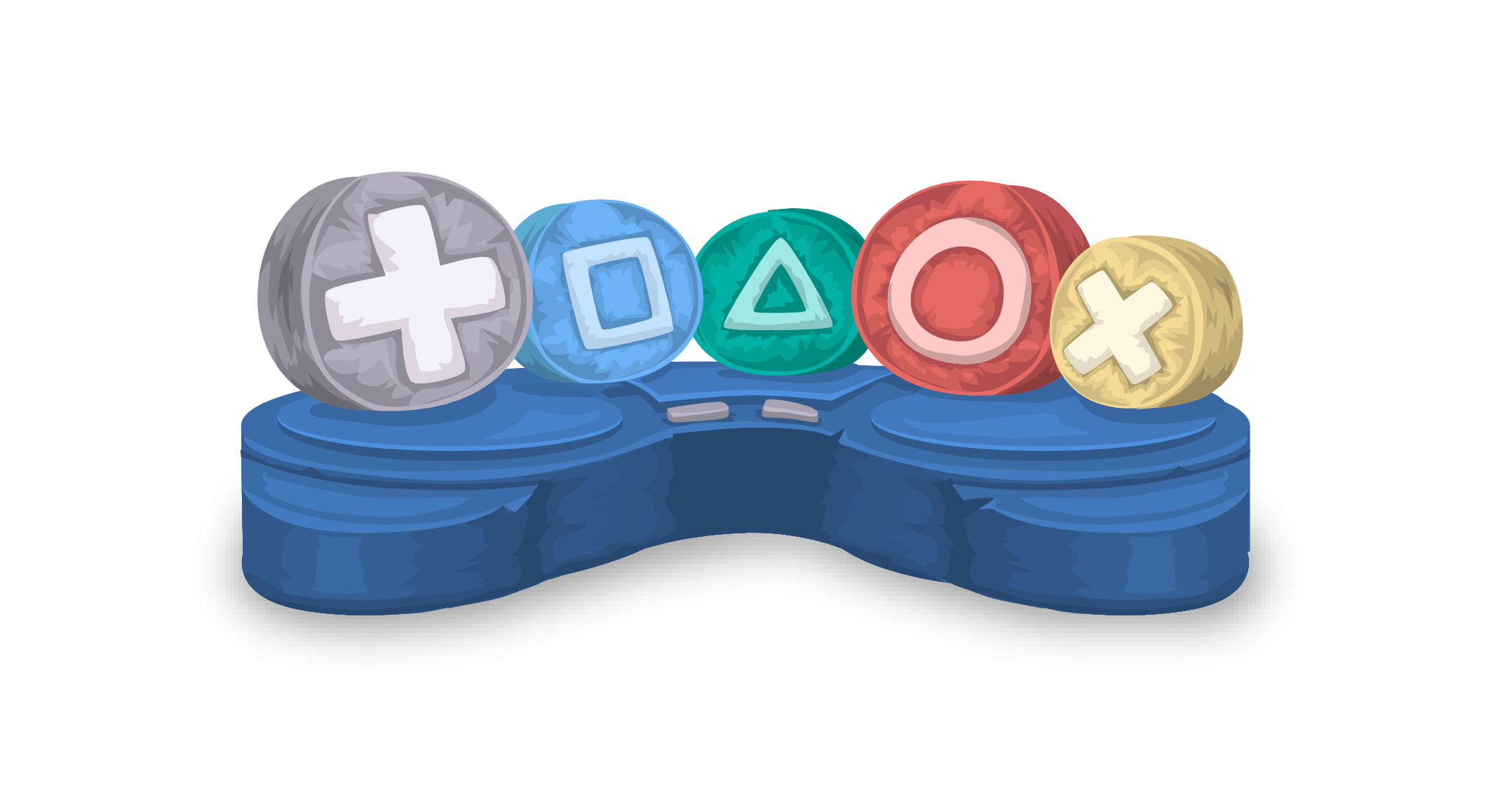 When Sony unveiled a cloud gaming pact with arch rival Microsoft, it surprised the industry. Perhaps no one was more shocked than employees of Sony’s PlayStation division, who have spent almost two decades fighting the US software giant in the US$38-billion videogame console market.
When Sony unveiled a cloud gaming pact with arch rival Microsoft, it surprised the industry. Perhaps no one was more shocked than employees of Sony’s PlayStation division, who have spent almost two decades fighting the US software giant in the US$38-billion videogame console market.
Last week, the companies announced a strategic partnership to co-develop game streaming technology and host some of PlayStation’s online services on the Redmond-based company’s Azure cloud platform. It comes after PlayStation spent seven years developing its own cloud gaming offering, with limited success.
Negotiations with Microsoft began last year and were handled directly by Sony’s senior management in Tokyo, largely without the involvement of the PlayStation unit, according to people familiar with the matter. Staff at the gaming division were caught off-guard by the news. Managers had to calm workers and assure them that plans for the company’s next-generation console weren’t affected, said the people, asking not to be identified discussing private matters.
That difficult moment is part of a painful lesson that Sony and many other technology companies are facing as the world’s leading cloud-computing providers become more powerful. If you aren’t spending billions of dollars a year on data centres, servers and network gear, you can’t keep up.
Faster Internet speeds are starting to allow games to be played remotely without the need for a local machine. That’s a threat to PlayStation, which generates a third of Sony’s profits. Microsoft’s Xbox faces a similar risk, but the software giant has the second largest cloud service, so it has a strategic answer. The other leading cloud providers, Google and Amazon.com, are building their own cloud-gaming services.
Realising that his home-grown cloud service isn’t going to cut it, Sony CEO Kenichiro Yoshida is being forced to collaborate, rather than confront his old gaming nemesis.
‘Feels threatened’
“Sony feels threatened by this trend and the mighty Google, and has decided to leave its network infrastructure build-up to Microsoft,” said Asymmetric Advisors strategist Amir Anvarzadeh. “Why would they sleep with the enemy unless they feel threatened?”
Sony jumped 9.9% on Friday, the most in 18 months. The company also announced a record share buyback, but analysts pointed to Yoshida’s speed in responding to a shifting videogame industry as a positive factor.
This shows “a new Sony” and should be applauded by investors, SMBC Nikko Securities analyst Ryosuke Katsura wrote in a report. “Management is adapting rapidly to change.”
A Sony spokesman confirmed that talks with Microsoft began last year, but declined to provide further details.
 Sony became the first big videogame company to enter cloud gaming when it bought US start-up Gaikai in 2012 for $380-million. Three years later, it rolled out PlayStation Now, letting users play games hosted on servers miles from their living rooms. The service has since attracted 700 000 paying subscribers, but a decision to host it in-house has led to ongoing complaints about choppy connectivity.
Sony became the first big videogame company to enter cloud gaming when it bought US start-up Gaikai in 2012 for $380-million. Three years later, it rolled out PlayStation Now, letting users play games hosted on servers miles from their living rooms. The service has since attracted 700 000 paying subscribers, but a decision to host it in-house has led to ongoing complaints about choppy connectivity.
“PlayStation Now has been a very limited service,” said David Cole, founder and CEO of DFC Intelligence.
The company’s other online game service and main cash cow, PlayStation Network, enables multiplayer matches of games running on PlayStation 4 consoles. For now that is still hosted by the other giant of cloud computing: Amazon Web Services. Sony and Amazon held talks last year for a deeper collaboration on cloud gaming, but couldn’t agree on commercial terms, according to a person familiar with the matter. That led to Sony’s discussions with Microsoft, the person said. Amazon is currently developing its own cloud gaming service, the Information reported last year.
The pivot toward Microsoft was preceded by several key personnel changes at Sony, including moving some senior PlayStation Now staff to other divisions, the person said. PlayStation boss John Kodera, who rose through the ranks running the network side, was also replaced in February, a little more than a year after taking the top job.
The key question is who really wins from the partnership. Most analysts agree that, at least in the short-to-medium term, it’s a positive for Sony. Cloud gaming isn’t ready for prime time yet. When Google unveiled Stadia in March, some users reported mixed results including delays in registering actions and reduced graphics quality.
Cloud gaming will account for just 2% of the industry’s revenue by 2023, according to IHS Markit. That’s why Sony and Microsoft are moving ahead with their next-gen consoles, expected next year. Securing access to Azure gives Yoshida a powerful hedge against a future scenario where cloud gaming does end up making consoles obsolete.
Bigger winner
Microsoft may come out an even bigger winner. The Xbox unit continues to churn out games and consoles, but is now increasing focus on ways to sell more cloud software. In March, it announced a line-up of services for game development and cloud hosting that it’s hawking to game companies of all sizes. Landing console king Sony makes it more likely that Azure, and not Amazon or Google, becomes the industry standard for cloud deployment.
“Microsoft is the clear winner that Sony picked their technology even though they are a direct competitor in the gaming space,” said DFC’s Cole.
Over the long term, some are warning Sony could be the loser. Currently it charges publishers like Electronic Arts and Capcom up to 30% of sales made through PlayStation consoles. But if streaming takes off, it will have to compete against Microsoft while paying its rival for cloud access. That could leave Sony struggling to stand out both on technical and pricing terms.

“This move raises some serious questions about its future dominance,” said Anvarzadeh of Asymmetric Advisors.
It’s also unclear how antitrust regulators will respond to two of the three players in the console market teaming up to develop a key technology, especially as it involves the world’s largest company by market value. Cooperation by the number one and number two in any industry to the determent of rivals would likely prompt push-back.
Regardless of when and if cloud gaming takes off, securing exclusive titles will continue to be critical for Sony, according to Piers Harding-Rolls, IHS Markit’s head of games research. Similar to how Netflix fights Prime Video while relying on Amazon for cloud hosting, and how Apple competes with Samsung Electronics while buying its components, Sony’s core strategy of accumulating a strong line-up of games remains unchanged.
“Exclusive content remains key,” said Harding-Rolls. — Reported by Yuji Nakamura and Dina Bass, (c) 2019 Bloomberg LP

